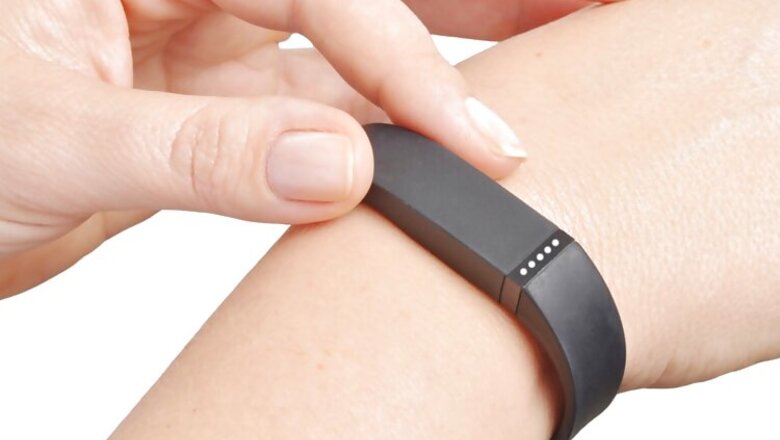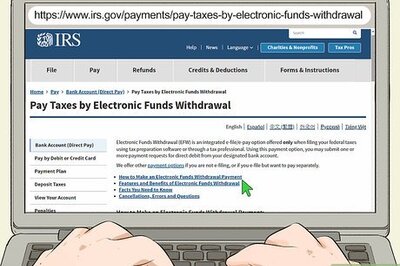
views
The next generation of health-focused wearables could revolutionize the way people live, but only if consumers can be certain that their data remains confidential.
While even the most enthusiastic technophile would accept that the market for wearable technology is still in its infancy, what is also clear is that, for the moment at least, the clearest use case for consumers and the biggest sales involve devices centered around health and fitness.
According to Canalys, some 7 million fitness and health tracking wearables were sold, not shipped, just in the first three months of 2015 and demand is about to peak following the launch of the Apple Watch.
But as more uses are found for wearables, according to research and consultancy firm Frost & Sullivan, health will continue to be the biggest driver in terms of consumer adoption and innovation.
"Wearable devices will extend beyond fitness tracking to include two-way communication between the user and the healthcare ecosystem," said Frost & Sullivan Information & Communication Technologies Senior Research Analyst Shuba Ramkumar.
Apple, Samsung and Google have made no secret of their desire to help consumers become active participants in their health and well-being -- be it through collecting data for scientific research, providing direct connections with healthcare professionals or monitoring existing conditions.
"Though a number of applications currently address the business-to-consumer market, wearable devices will eventually offer support to healthcare institutions by sharing real-time data collected by the consumer," Ramkumar said.
However, convincing consumers to share that data willingly could prove to be a huge potential stumbling block.
Research published this week by Parks Associates finds that the greater the amount of data a device collects, the less willing a user would be to share it in return for a health insurance discount.
For example, 42 per cent of pedometer owners would be willing to share data, but that drops to 26 per cent for those who use a sleep quality monitor. What's more, 35 per cent of US broadband homes said that they are "very concerned" about their personal health information remaining confidential.
"Monetary rewards are generally considered among the strongest incentives to generate consumer response, but the majority of connected health consumers are not ready to share their data in exchange for discounts on services or products at this time," said Jennifer Kent, Director, Research Quality & Product Development, Parks Associates, of the findings.



















Comments
0 comment